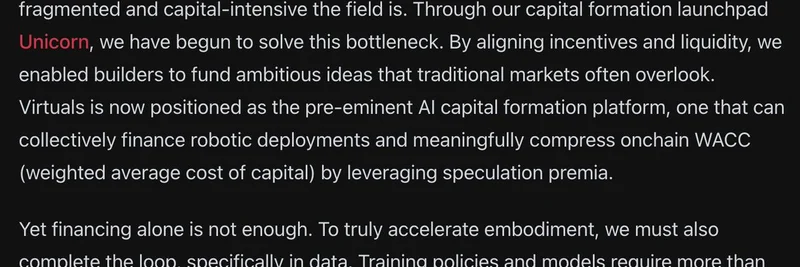Breaking Down the AWS Outage and Its Crypto Ripple Effects
Hey folks, if you're deep into meme tokens, you've probably felt the chaos from centralized infrastructure hiccups. A detailed thread on X by @cookinsol just dropped a post-mortem on the massive AWS outage that started late on October 19, 2025, and dragged on for about 15 hours. This wasn't just a blip—it highlighted how reliant some blockchains are on big cloud providers, and it's a wake-up call for anyone trading memes on these networks.
For the uninitiated, AWS (Amazon Web Services) is like the backbone of much of the internet, powering everything from streaming services to crypto platforms. The outage stemmed from a DNS resolution failure in DynamoDB, a database service, in AWS's US-EAST-1 region. As reported by Reuters, it knocked out over 113 services globally, causing widespread disruptions.
How Blockchains Fared: L1 vs. L2 Showdown
The thread crunches numbers on how Layer 1 (L1) and Layer 2 (L2) blockchains handled the storm. L1s are the base layers, like the foundation of a house, while L2s build on top for scalability—think faster, cheaper transactions, perfect for meme token frenzy.
L1 Resilience: Chains like Ethereum, Solana, and Avalanche kept humming at 100% uptime with zero throughput drops. Throughput? That's basically how many transactions per second a network can handle. Solana, with only 6% of its nodes on AWS, scored a resilience index of 97.6—top of the class.
L2 Struggles: On the flip side, L2s got hammered. Base saw a 25% throughput dip, Arbitrum 10%, Optimism 15%, Polygon 8%, Linea 15%, and Scroll 12%. Why? L2s average 46.7% AWS dependency, over twice that of L1s (21%). Base, at 65% dependency, was tagged as high-risk with a centralization score of 16.3.
This aligns with real-world reports. CoinDesk's analysis notes that Infura—a key API provider for connecting to blockchains—went down, hitting Ethereum, Polygon, Arbitrum, Optimism, Linea, Base, and Scroll. Users on MetaMask saw zero balances, and platforms like Coinbase (which runs Base) faced outages, stalling trades.
Why Meme Tokens Should Care
Meme tokens thrive on hype, liquidity, and quick flips—downtime is a killer. Many popular memes, like those on Solana (e.g., BONK or WIF), dodged the bullet thanks to the chain's low AWS reliance. Solana's distributed nodes meant trading continued smoothly, keeping the pump alive.
But if you're on Base or other L2s, which host rising meme scenes, this outage could have frozen your portfolio. Imagine trying to sell during a dip, but your wallet's stuck because of a cloud glitch. The thread points out a 100% correlation: networks with over 40% AWS dependency saw major degradation. With AWS controlling 30% of global cloud infra (per Bloomberg), this centralization risk is systemic.
For meme insiders, this underscores picking chains with true decentralization. Solana's minimal 6% AWS exposure makes it a safer bet for volatile meme plays, while L2s' scalability comes with fragility.
Lessons Learned and Future-Proofing Your Meme Game
The outage isn't just history—it's a blueprint for better infra. Key recs from the thread:
Diversify Clouds: Go multi-cloud to avoid single-point failures. No more all eggs in the AWS basket.
Embrace Decentralization: Push for node distribution and decentralized alternatives to services like Infura.
Stress Test Regularly: Simulate outages to spot weak links before they break.
Community Power: Share knowledge in the blockchain space to build tougher networks.
As Al Jazeera explained, these events expose the "illusion of decentralization" in crypto. For meme token hunters, it's a reminder: bet on resilient chains to avoid getting rekt by real-world tech fails. Keep an eye on updates, and maybe diversify your meme hunting grounds. What's your take—did this outage hit your trades?


